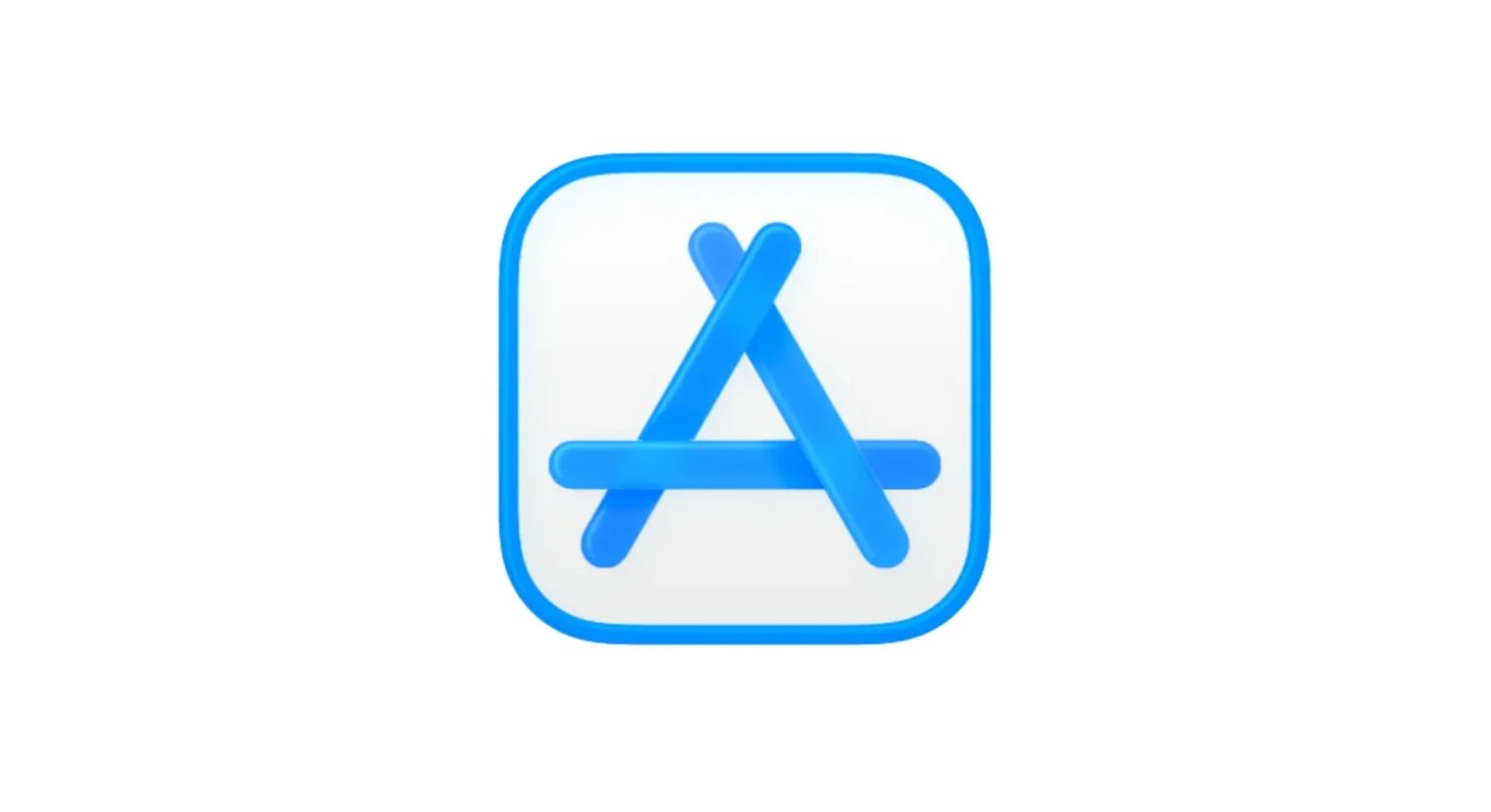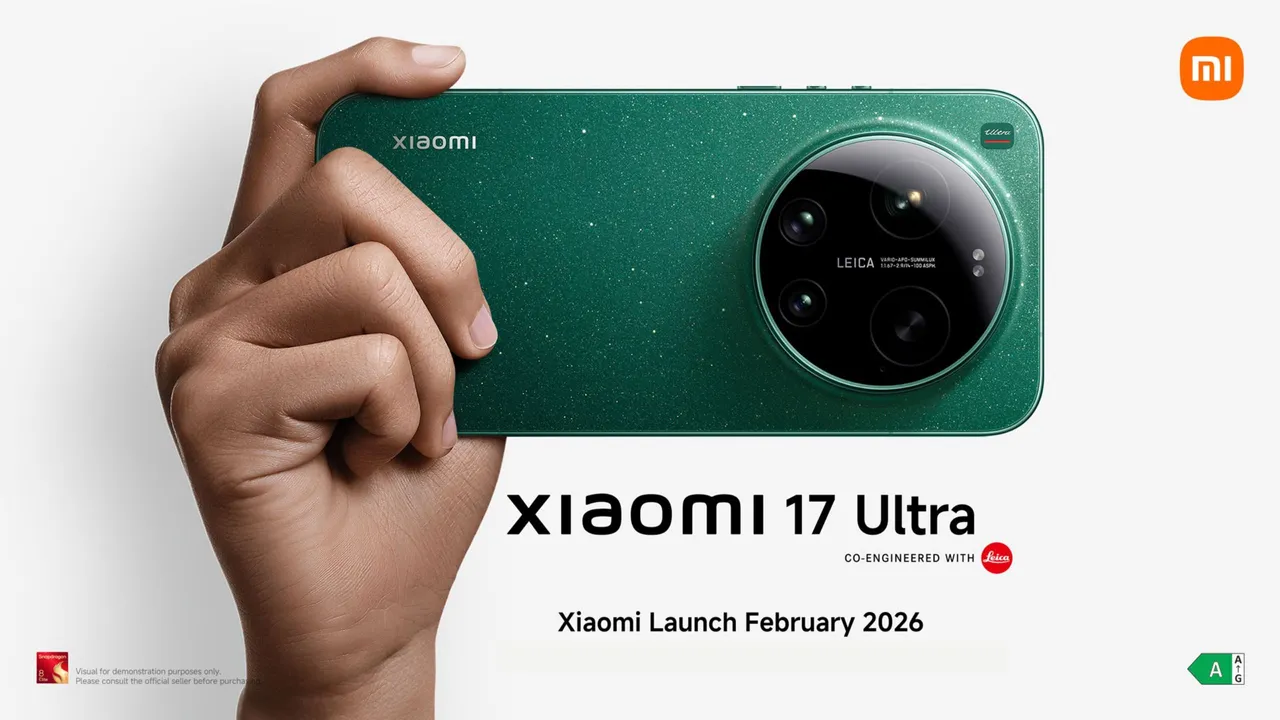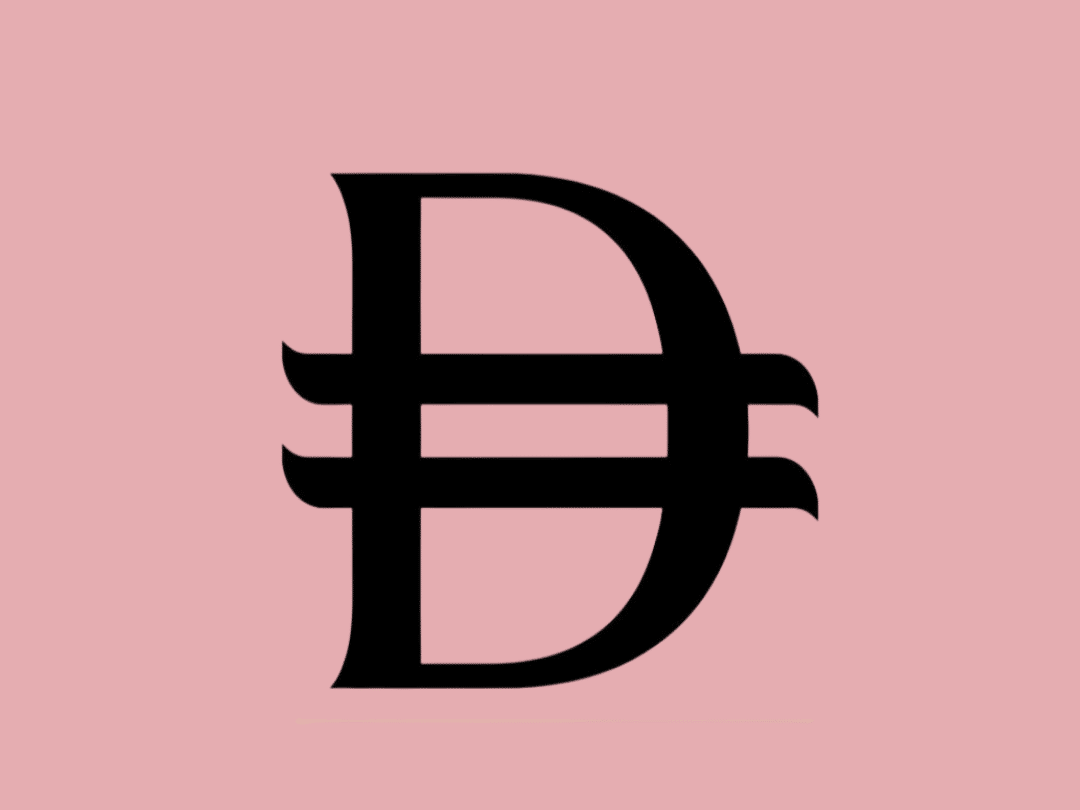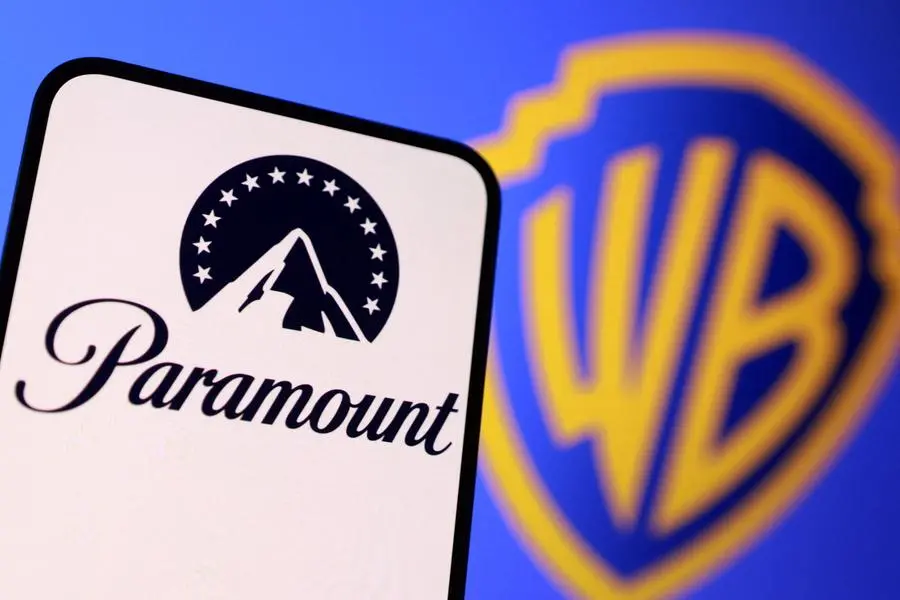Apple has introduced a new Mini Apps Partner Program that cuts its commission rate to 15% for in-app purchases made within mini applications. The move formalizes a category of software that has existed on the App Store for nearly a decade but has never received a dedicated commercial model. Mini apps — small, self-contained experiences built with web technologies like HTML5 and JavaScript — run inside a host app rather than as standalone downloads. Messaging platforms such as WeChat and LINE, as well as services like Discord, have long used this structure to offer lightweight games or utilities.
Apple’s rules for mini apps were first outlined in 2017 under section 4.7 of the App Review Guidelines. The guidelines allow developers to run mini apps, streaming games, emulators, chatbots, and plug-ins, provided they adhere to data protection rules and content standards similar to those required for native apps. Until now, however, these experiences were treated the same as any other in-app purchase flow in terms of fees.
To qualify for the new program, a developer’s primary app must be available on iOS or iPadOS and distributed through the App Store. The app must comply with Apple’s existing license agreement and mini app guidelines, but the program adds new conditions: participating apps must integrate Apple’s Advanced Commerce API, support the Declared Age Rating API to ensure age-appropriate content, and continue to use Apple’s in-app purchase system. Developers must also share refund-related purchase data with Apple.
Apple frames the program as a way to help developers reinvest in their mini app ecosystems while reinforcing the use of its trust-and-safety tools and payment infrastructure. At the same time, it ensures the company can maintain its transactional role even as developers explore new formats. Mini apps have gained renewed attention with the rise of AI chatbots capable of running embedded applications. Platforms like ChatGPT now host integrations with Booking.com, Spotify, Zillow, Coursera, and others — a trend that raises questions about how traditional app store revenue models adapt when user engagement shifts away from native mobile apps.
Reports earlier this year suggested Apple had negotiated a 15% commission specifically for mini apps inside WeChat, but the broader program opens the door for other developers to participate. Interested developers must submit details about their host app and mini app, agree to the program’s terms, and complete a review process. Apple already requires a manifest that lists the software, metadata, and linked experiences included within a host app.
Under the new structure, in-app purchases inside mini apps qualify for the reduced 15% commission if they involve digital goods or services, including consumables, non-consumables, auto-renewing subscriptions, and non-renewing subscriptions. The shift adds another layer to Apple’s evolving pricing model, as the company continues to adjust its fee structure in response to regulatory pressure, changing developer behavior, and emerging competition from alternative app distribution channels.







